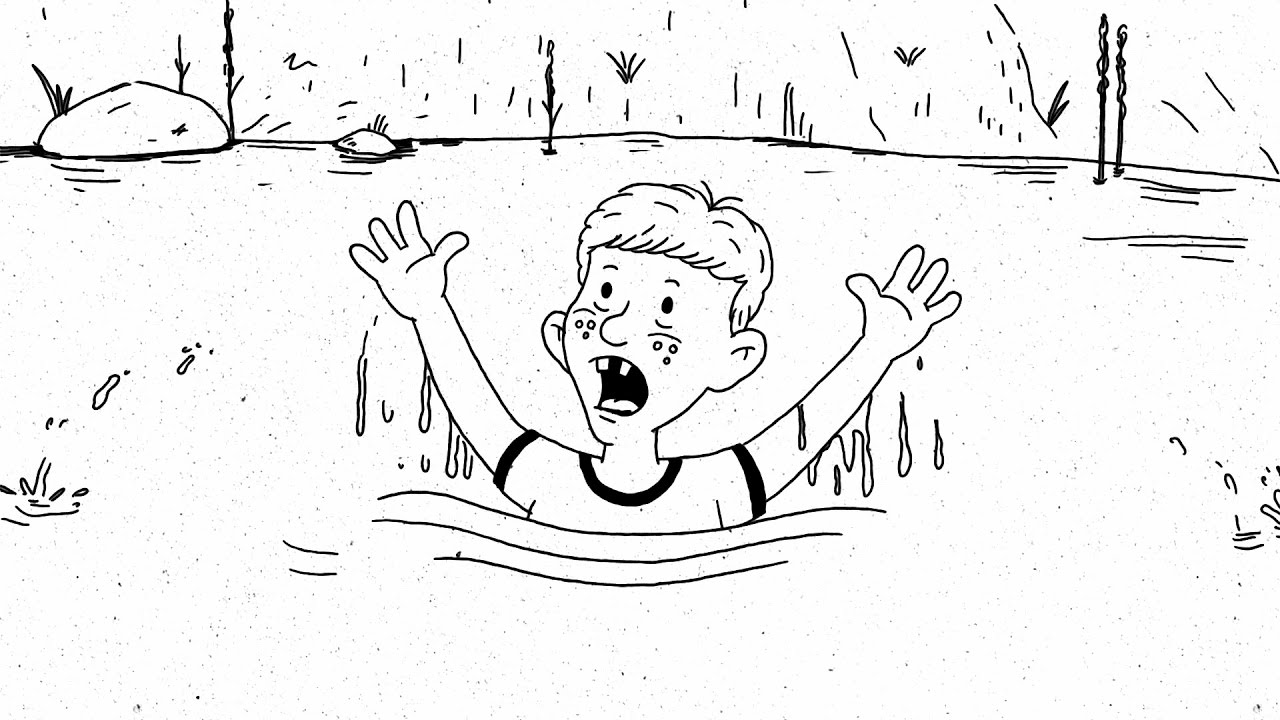What's Good?! by Patrick Phillips

Posted on October 3, 2020
Choosing to give need be no more complicated than realizing that others could benefit by much more than yourself from the resources you have.
I've spent many long days as well as many late nights talking and thinking about the simplest of questions. What is good? What is right? What is moral? After reflecting on the way the world is and my relation to it, I've come to find that the most succinct answers to these questions are more or less "whatever you/society thinks is moral." I'll avoid delving into any contingency upon the existence of God or other complications this answer might hide. I'll actually not justify this view in any way (call me Zarathustra), but instead give a much more compelling and yet still simple argument that helped illuminate the answer to "what is good?".
Imagine you are walking to your job or your class or other activity and notice a boy drowning in a shallow pond. The pond is maybe 2ft-3ft deep, so it would really not be very difficult for you to help, but for some reason this young boy is unable to free himself. No one else is around to help him. Now the first leap I ask you take, is that you acknowledge that there is some moral obligation to help this child.
Now suppose that you are wearing your new $2,000 dollar dress shoes since you are actually on your way to an important interview. You still see this boy drowning in the shallow pond, but now you know if you go to save the boy your shoes will be ruined, but you will still probably get to the interview on time. The second leap I ask you to take is to acknowledge that even here there there is some obligation you have to help the young child.
Generalizing from this second scenario, it seems that if you are in a situation in which you can help someone with relatively little cost to yourself you ought to do so. Now let's slow down, is this generalization too hasty? Because the implications of such a claim are suprisingly strong. For example, suppose you are able to save someone's life by giving $2,000 or even $5,000 to charity and you are in a position where giving this amount of money will have relatively small impact on you compared to the monumental change this will yield for the recipient of this money. While this claim would say you ought to do so. Even more, it turns out that the majority of my readers are in such a position where they are able to give money with relatively small harm to themselves.
Now that we see the possible implications of such a broad claim as the one "if you are in a situation in which you can help someone with relatively little cost to yourself you ought to do so", it's time to dive a little deeper. The first complaint you might have is "hey wait a second me giving $2,000 to charity is very different than just me ruining my $2,000 shoes to save a child, how did we get here?! Well, lets look at what the differences are. One difference might be the attitude "there are many other people that could give money, so there's no reason I have to!". Well what if there were many other people who were around and able to help the child drowning in the shallow pond, but it was clear that no one was going to. Would you think that now you don't have an obligation to help this child? I certainly don't think so. Or consider the more appropriate analogy of having many children drowning in their own shallow ponds, and many people able to help but only some are helping and its not enough to save all the children. Then do you have an obligation? I still certainly think so. This complaint seems to not hold its water.
Let's look at other differences. To knock one more difference down, the cost, lets make the empirical assumption that there is a charity which you could give to that would save a life for $2,000 (charities give low estimates of $200 to high estimates of $7,000, where the upper bounds tend to that take into account more long term needs of individuals). Next let's address the issue of distance. Is there any difference since this child is just a few meters away from you, whereas giving to charity often helps children much much further from you? There certainly is a difference in terms of the way it feels, but I think there need not be any moral difference (I used careful word choice in this sentence...). There are other differences we could get to, but it turns out they all really don't give any sort of reason that lets us say "Aha, that's why we don't have an obligation."
I certainly haven't given anything close to a proof of the general principle I suggested earlier, and I don't think one is really possible. That being said I have given some pretty strong reasons to suggest that there really is little difference between giving to help those far away and stepping out of your way to save a child in a shallow pond. There is more to find here, but I think for it to make a difference to you, I'll leave you to find it.
Thanks to Peter Singer for sharing his ideas with the world.